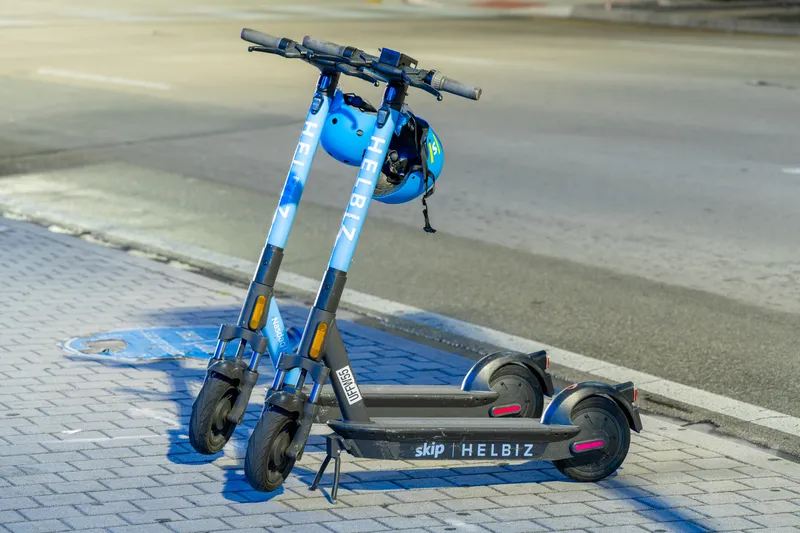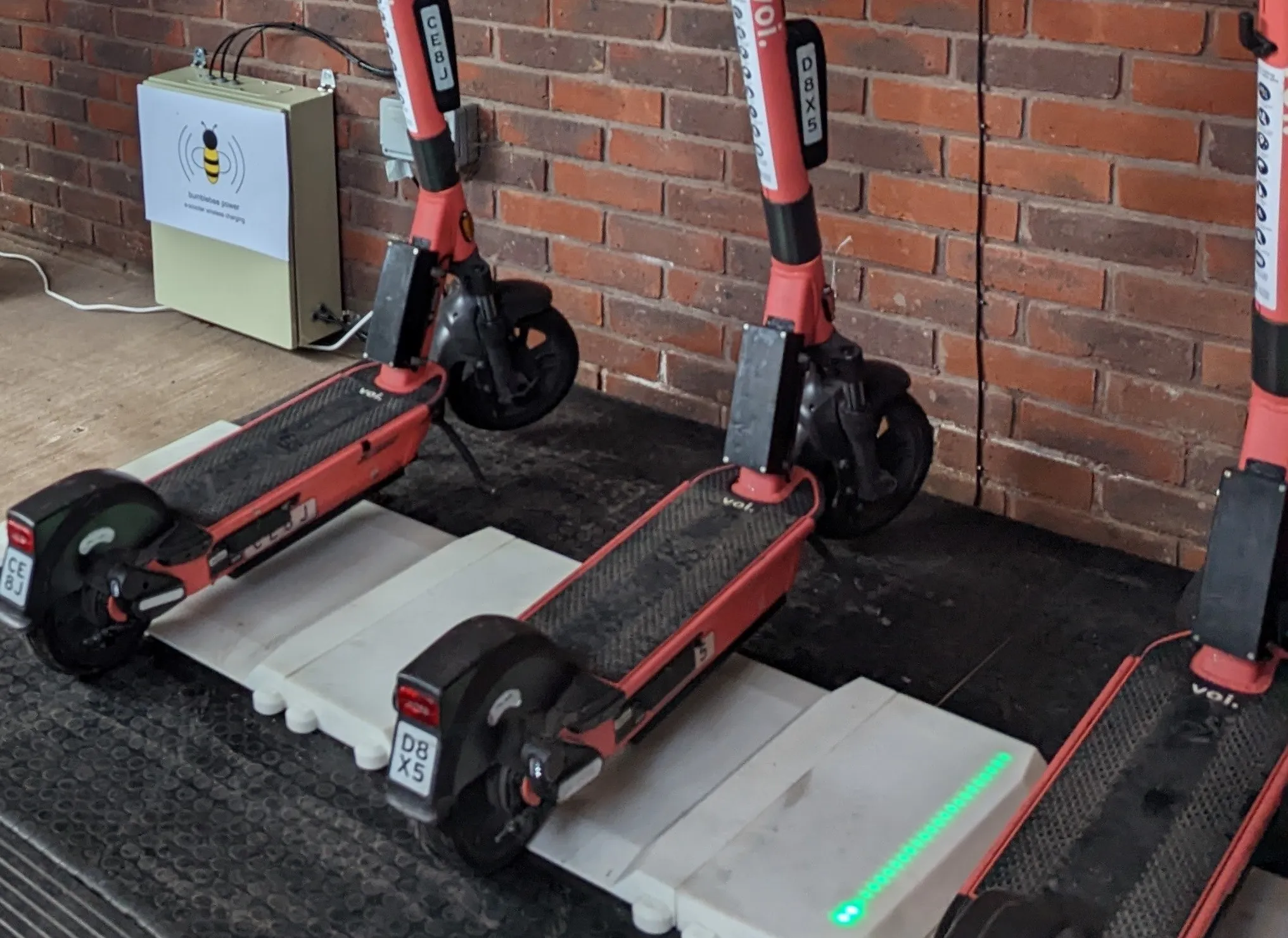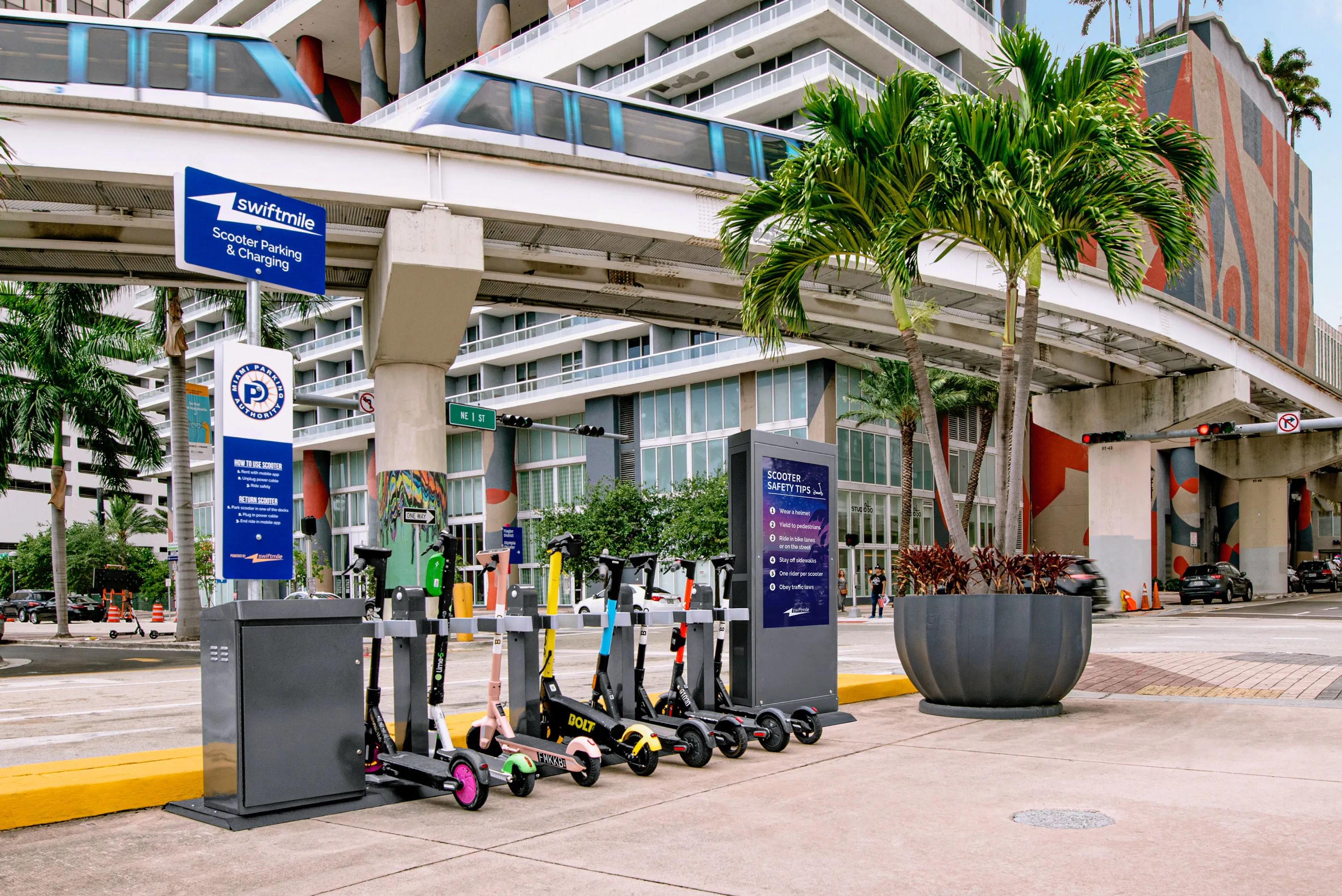
Micromobility group Helbiz's acquisition of sit-down scooter provider Wheels Labs will create the only operator to cover the whole of Los Angeles, the companies say.
Due to be finalised this month, the deal "creates an even stronger foundation to power our growth going forward", says Helbiz founder and CEO Salvatore Palella.
Helbiz says Wheels gives it a user base of over five million people, proprietary next-generation hardware, exclusive IP including the industry’s first shareable helmet system, contracts serving B2B partners and universities "along with a team to accelerate US expansion".
Wheels' sit-down vehicle with patented on-board helmet storage "can bring micromobility to a wider audience".
“The addition of their long-term rental business for individuals and organisations on our revenue will be significant,” Palella said. “We will use it to bring value and achieve profitability.”
The merger will deliver over $25 million in revenue for the full year of 2022, doubling Helbiz’s annual revenue compared to the 12 months ended December 31, 2021, says Helbiz CFO Giulio Profumo.
“With the addition of Wheels’ direct partnerships with universities and businesses along with month-to month rentals for individuals, Helbiz will be better positioned to provide targeted mobility solutions to its growing customer base," Profumo adds.
“We intend to restructure the combined company to accelerate our path to profitability by a combination of higher margin from the Wheels business, operational savings from redundancies across both companies, and reductions in the cost of revenue. The combined company expects to achieve positive gross profit margin within the next nine months and expects to achieve profitability at the operating level within the next 24 months."
Helbiz highlights a "diversified business model which combines dockless rental licenses in cities, direct partnerships with universities or businesses and month-to-month rentals for individuals".
It says partnerships with universities and businesses enable rapid access to new markets by eliminating the need to secure new licences from local governments, adding that month-to-month rental enables Wheels to be a preferred vehicle among food delivery drivers: Wheels has a direct partnership with Uber Eats.
Wheels CEO Marco McCottry says: “Helbiz has an excellent team with a depth of technology ability that I believe can accelerate our growth and opportunities."
Helbiz users will see links within the app to switch to the Wheels app to rent their vehicles - but the intention is to introduce a fully-integrated app.









